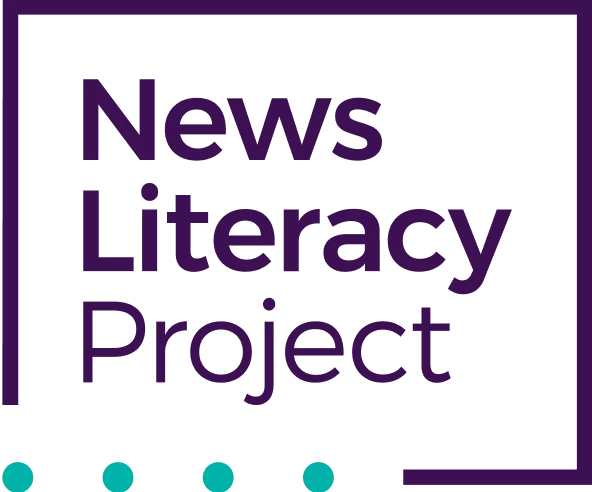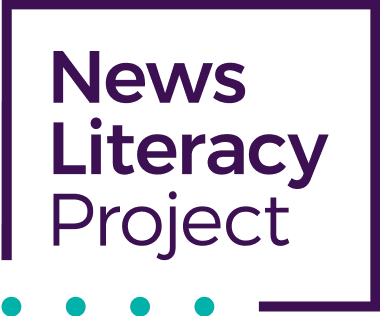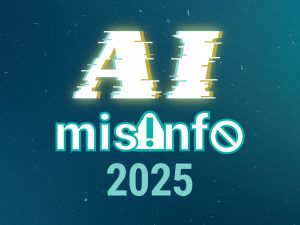Demonstrating impressive impact in all NLP programs
“The results show that NLP is consistently reaching its goal to help students navigate news and information in the digital world,” Baker said. “Gains were again emphatically confirmed by teachers. Further, students from both the classroom and digital unit programs and from both high schools and middle schools consistently gave NLP high marks and were able to articulate what they learned and why they found NLP so useful.”
She said the reports were based on “a very robust set of data covering all of NLP’s programs in numerous schools across multiple cities, involving many teachers and more than 2,000 students, with extremely consistently positive findings throughout.”
Because of NLP, the reports found, students increased their knowledge of the First Amendment and the watchdog role of the news media in a democracy and gained greater understanding of the primary purpose of advertising and the importance of knowing who created an online video in order to assess its credibility.
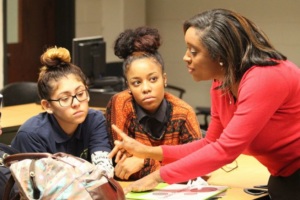
Students’ changes in attitudes are reflected in their increased value of a free press and its role in a democracy, an increased sense of responsibility in creating and sharing reliable information, and greater appreciation for exercising civility, respect and care in online communities.
In terms of behaviors, students who took an NLP unit said they were more interested in the news and consumed it more frequently, especially in newspapers; were more inclined to check the credibility of news or information before sharing it; and were more likely to vote in elections.
In addition, more than 75% of the high school students who did NLP classroom units in the 2013-14 school year and completed our surveys said they gained the following: a basic understanding of what news literacy is and why it matters; an appreciation for the five freedoms protected by the First Amendment; the ability to seek out news that will make them more knowledgeable about their communities, the nation and the world; and a greater understanding of what distinguishes quality journalism from other sources of news and information.
The student data are supported by the extremely positive results from educators. Teachers who completed surveys overwhelmingly said that upon completing NLP units, their students demonstrated a gain in their ability to identify credible information and appreciation, awareness and knowledge of the news literacy concepts introduced by NLP.
Nearly all the teachers said that the NLP curriculum had helped them meet required teaching standards and that they would continue to use news literacy lessons in their classrooms even if they were unable to partner with NLP.
The reports also contain extensive comments by students and teachers as well as the results of surveys of NLP journalist fellows who made in-person and remote presentations. To see a summary of the findings, click here.
